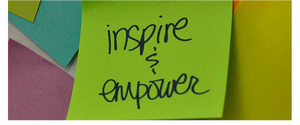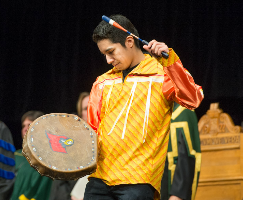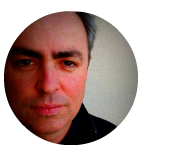
As the University of Alberta continues developing its next ‘Institutional Strategic Plan’, it is worth taking a moment to think about one of the core activities of the university named in a recent ‘Discussion Paper’, community engagement. But what is community engagement?
Clearly, the University of Alberta is not ‘outside’ of the Edmonton community. When Edmonton Mayor Don Iveson humorously noted at President Turpin’s Installation that, as president, Dr Turpin would essentially be the mayor of the fourth largest municipality of the Edmonton region (and please call him for snow removal complaints!), he stated the obvious point that the U of A — its staff and students — constitutes a large part of the Edmonton community. According to one study, the U of A has an economic impact upon the Alberta economy equivalent to 135 Edmonton Oilers hockey teams (maybe 100 teams with Connor McDavid). So even without strategic goals for the university to ‘engage’ the community, the U of A is embedded within the life of Edmonton, Alberta and beyond.
So what does community engagement mean? Well, it means multiple things, encompassing many discourses and practices. As a mode of research and teaching, community engagement refers to the process of universities forming partnerships with external communities to generate knowledge, leading to enhanced economic, social and cultural developments. What distinguishes community engagement from the more traditional notion of ‘service’ is that engagement involves more than a one-way transfer of knowledge and expertise from the university to the community. Engagement involves the university forming strategic, mutually beneficial partnerships with industry, government and not-for-profit sectors with the result that universities become increasingly connected and responsive to their hosting communities and their globe-spanning networks.
The diverse practices of ‘community engagement’ have arisen in response to a series of wider social and political pressures that universities have faced in the past two to three decades. These include widespread reduction in government funding of public institutions in favour of industry, community, and user-fee sources; a devolving of responsibility for public service provision from states to communities; and a more utilitarian focus upon applied research that leads to commercial application. Within the U of A Discussion Paper, community engagement, across the local, national and international spheres, is woven into wider strategies to raise the U of A’s international reputation, enrich the learning experiences of both undergraduate and graduate students, and to secure ‘operational, research, and philanthropic funding’. So we need to be clear about what we mean when we talk about ‘community engagement’. For Community Service-Learning, the ‘community’ we talk about is more narrowly defined than simply all of those external to the university. It comprises the third sector, or the not-for-profit sector, particularly those organizations, civil society groupings, and social movements that work with and for historically marginalized peoples in their efforts to achieve greater social justice, recognition, and participation in the economic, cultural, and social goods of the wider society. Our learning and research partnerships are constructed to generate mutually beneficial outcomes for our instructors, our students, and our community based organizations and the people they represent.
We do not suggest that these community service-learning and community based-research practices exhaust the field of ‘community engagement’. Universities and students will have legitimate purposes in pursing varying kinds of industry engagements to serve student learning and their careers (industry based internships, practica, etc.) and generate income to support and commercialize research practices. The public good is not exhausted through the work of not-for-profit organizations, and industry related engagement efforts can produce innovative products and services, and learning opportunities, that contribute positively to the vitality of our communities. Nonetheless, there are important social obligations that universities have that extend beyond their own, and their staff and students’, narrowly defined economic interests, that require research and learning partnerships with organizations and peoples that do not possess economic and political power.
CSL, and other community engagement initiatives across campus (Community-University Partnership and Extension, Centre for Public Involvement, School of Public Health, Indigenous Education Council, to name but a few) are committed to constructing research and learning partnerships that serve the interests of those without economic muscle, and those for whom research and policy often seem either irrelevant or even damaging. This is particularly the case for Indigenous peoples. We must remember that the conditions of possibility for university-community engagement are in fact the Treaty 6 relations to which we are enjoined. For the University of Alberta, community engagement must begin with the respectful recognition that it is Indigenous peoples who have shared their lands and waters for our university and for the sustenance of its research and learning.

It was a young First Nations man and University of Alberta student, Corey Cardinal, from Waterhen Lake First Nation in Saskatchewan, who made this connection clear to me. Corey welcomed President Turpin at his Installation with a powerfully performed Honour Song that reminded us that when the university seeks to engage community, it can only do so with a humility that recognizes the wisdom and knowledge that has preceded it, and which continues to surround it.

David Peacock — Executive Director, Community Service Learning
Dr. David Peacock is the Executive Director Community Service-Learning in the Faculty of Arts at the University of Alberta, Canada. His PhD from the University of Queensland (2014) was in the Sociology of Education and involved an institutional ethnography of university outreach practices to students from disadvantaged schools. David researches and publishes on student equity and higher education, global service-learning, curriculum theory, community based-research and university-community engagement.